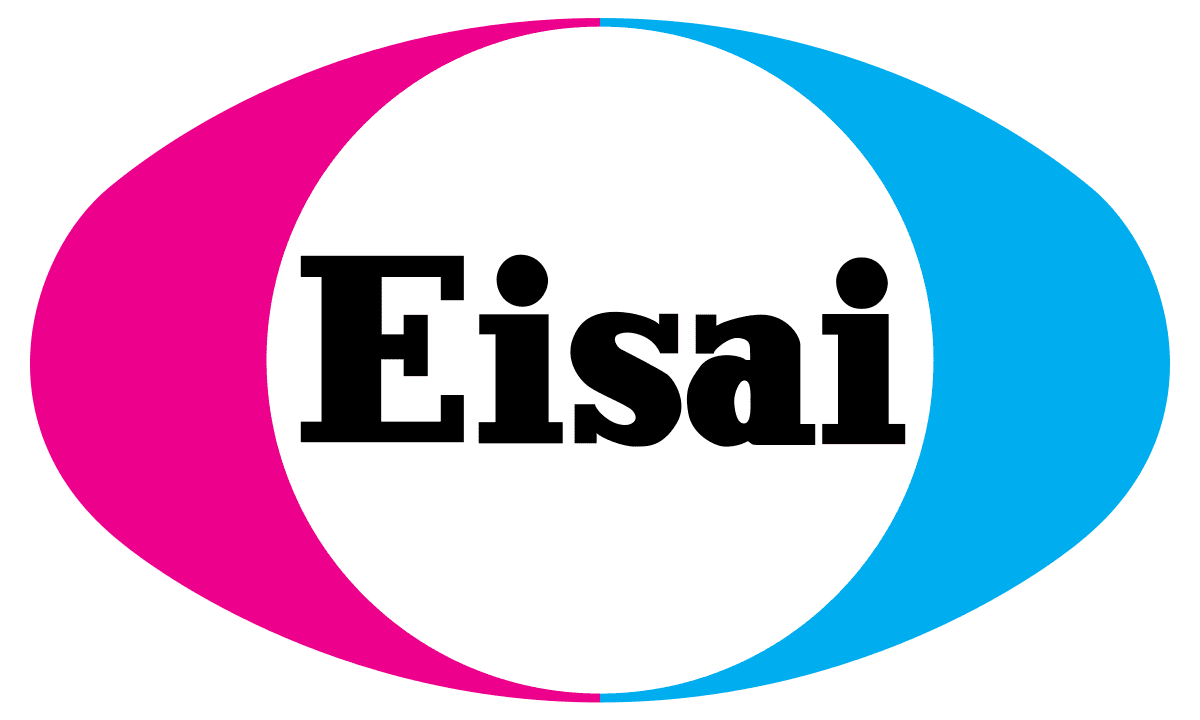Josh Provides epilepsy Assistance Foundation: Program offers financial assistance in the following areas: Seizure detection devices (or other technology recommended by the applicant’s neurologist), transportation expenses to and from home, school, medical services or employment, medical services, a seizure response/detection dog. Visit website for more details:www.joshprovides.org
J. Kiffin Penry Patient Travel Assistance Fund: Program offers travel expenses assistance for medical care and/or treatment to individuals with epilepsy/seizure disorders. Contact program for additional information 800-470-1655.
LGS Foundation-Patient Assistance Program: Program offers financial assistance to individuals with LGS to help pay for medical expenses not typically covered through insurance or other programs. The program will award medical goods/devices, seizure response dog fundraising, reimbursement for genetic testing and medical travel expenses. Visit website for more details:www.lgsfoundation.org
Aviation in Action: Provide medical transportation to patients with limited medical coverage who need to get to appointments outside of their hometown and find commercial flight too inconvenient, uncomfortable, or too expensive. Contact program for additional information (559)352-2448
Miracle Flights: Provides free commercial air travel to individuals in need of specialized medical care not available in their local communities. Flights are coordinated though major airlines to medical facilities throughout the United States at no cost to families and as many times as necessary- weather it’s a one-time flight to obtain a second opinion or several flights for treatment. Qualifying families can receive travel assistance for the child patient and up to 2 parents or legal guardians, Flight for adult patients are provided for the patient and caregiver is medically necessary. Miracle Flights provides free medical air travel so that kids and parents can retrieve service dogs and/or attend training session. Flights are provided for patients of all ages and one parent/caregiver. Visit website for more details: www.miracleflights.org
Transportation can present a daily challenge for people with epilepsy. People with epilepsy may not be able to drive or may have restricted licenses, making it difficult getting to necessary places. Not driving may limit the ability to work or attend school, to socialize or participate in community events, or get to medical or other important appointments. While public transportation may be an option for some, it may not be an appropriate or accessible option for others.
The University of Florida’s Institute for Mobility, Activity and Participation has,with funding from the Florida Department of Transportation developed the Florida Senior Safety Resource Center (FSSRC), created a database containing over 800 transportation services. This up to date and user directed information for seniors, or persons with disabilities, addresses the need to find appropriate, acceptable and affordable alternative transportation options within their local communities. These services range from highly organized to very flexible and provide various levels of assistance, throughout all of Florida’s 67 counties. To view the alternative transportation options that are available in a specific county, go to http://www.SafeandMobileSeniors.org/FindARide.htm and click on the county name, it is that easy!
Availability of public transportation and related assistance varies by county. For example, in Miami Dade, you can visit http://www.miamidade.gov/transit/golden-passport.asp to see what initiatives are available for people with disabilities.
As noted above, public transportation may not always be accessible or appropriate for people with seizures. For people with frequent seizures, it may be dangerous to wait for regular bus services at busy intersections where they may encounter danger during a seizure. Paratransit services are transportation services for people who cannot use the regular public transportation bus services. These services may pick people up at their homes or at specific locations. Paratransit services may be available for people who meet one of the following requirements:
To find out about paratransit services, contact the county transit authority where you live. When applying, people should specifically describe their disability or impairment in detail and explain why their condition prevents them from using the regular bus system. Notes from doctors may be helpful to support the information provided in the application. For example, in Miami-Dade, you can visit http://www.miamidade.gov/transit/ to learn more about the Special Transportation Service.
Can you drive an automobile if you have epilepsy? Yes, if your seizures are controlled with treatment and you meet the licensing requirements in your state. Every state regulates the driver’s license eligibility of persons with certain medical conditions. The most common requirement for people with epilepsy is that they be seizure free for a specified period of time and submit a physician’s evaluation of their ability to drive safely. Another common requirement is the periodic submission of medical reports, in some states for a specified period of time and in others for as long as the person remains licensed. Click on the link below to read the requirements and information regarding driving in Florida or any other state. http://www.epilepsyfoundation.org/resources/drivingandtravel.cfm







































© 2024 Epilepsy. All Rights Reserved